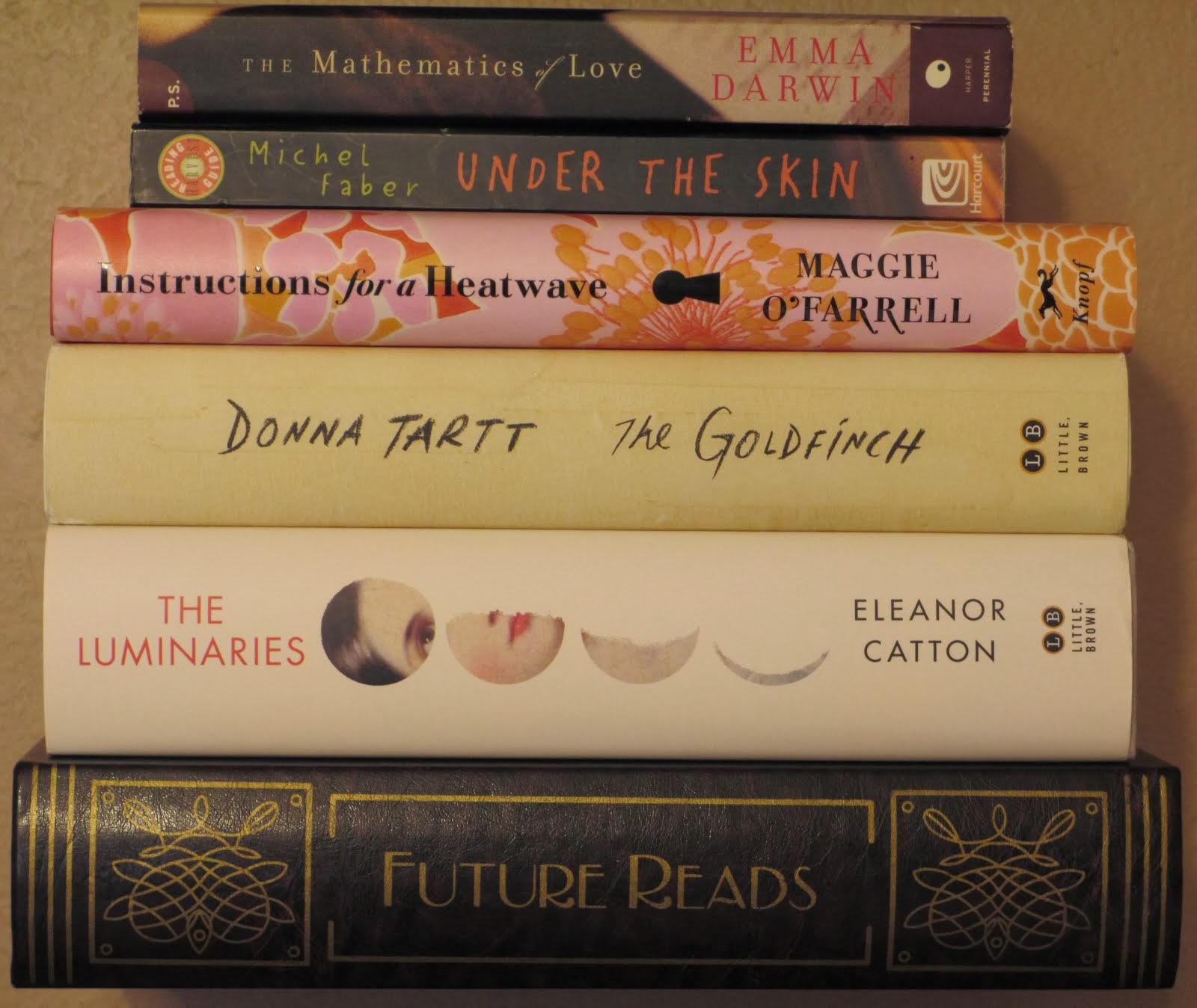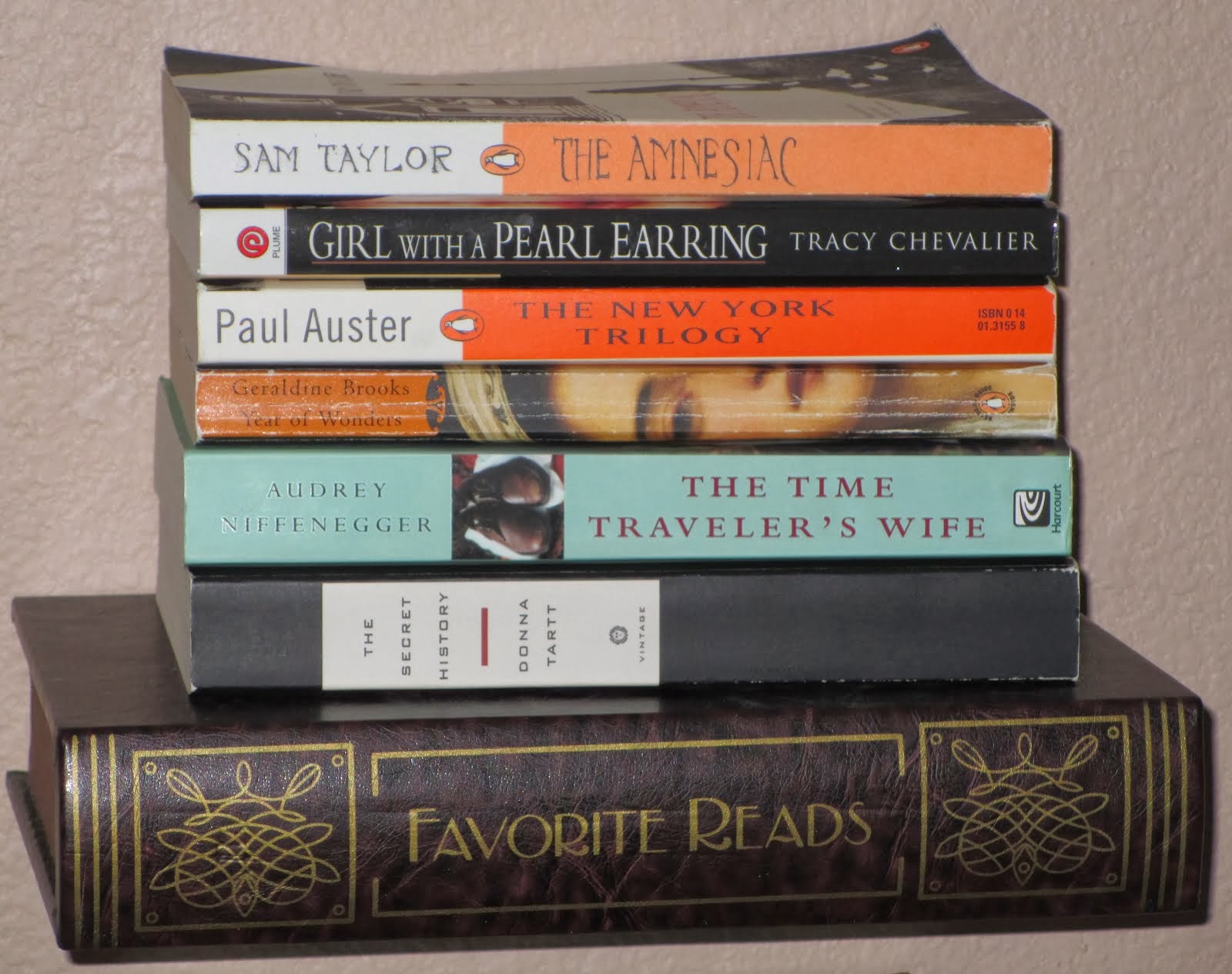Ugh.
That's all I really want to say about this book. Unfortunately I can't allow myself to leave it at that, because later (when my literary amnesia takes over) I'll find myself trying to remember the story, and wondering what was so bad about it.
The story is about Zoe Adams, who is taking a step back from her marriage by temporarily renting an old house in Scotland. Of course as soon as she arrives she begins to get the idea that the house is haunted. Unexplainable things happen, blah blah blah, she almost drowns a few times, but is she going crazy or are there ghosts or is it the real people who are scary? Yeah, that old conundrum.
It wasn't really so terrible. If it had been truly awful I would have had a field day tearing it to shreds for all nine of my readers. (Hi, readers!) I would say the story was interesting enough to power me through it. I like ghost stories; this one didn't feel truly creepy to me, but at least it wasn't too laughable or dull. But I did find it predictable (though I'll never know if it was actually predictable or if the mention of an unreliable narrator on the back cover was too big a clue). And I found the hypersexualization (blamed on a house!) a bit false and awkward. In all, I never lost myself in this book and it didn't give me the chills.
Oh well. Moving on . . .
The Darkest Corners – Kara Thomas
4 days ago














